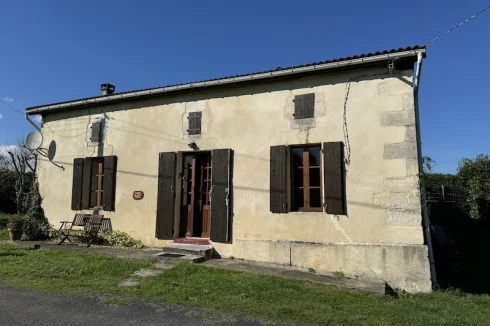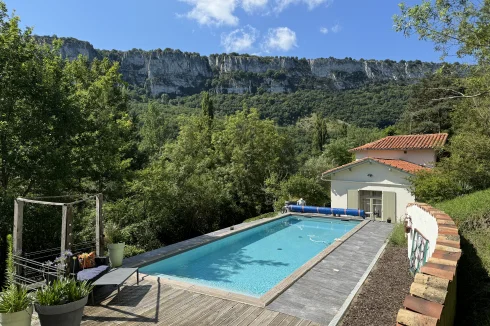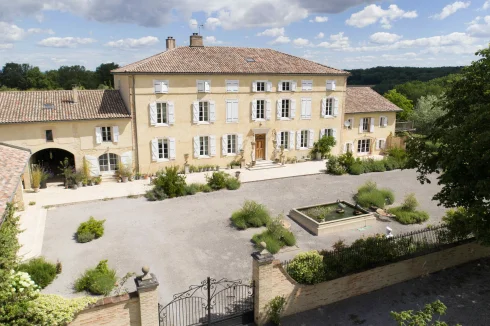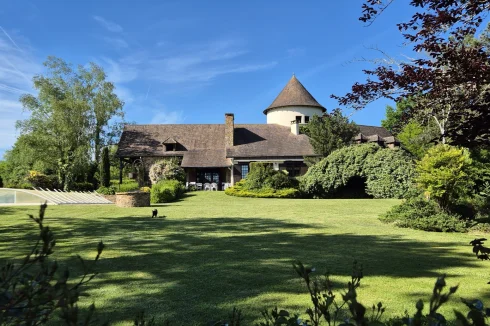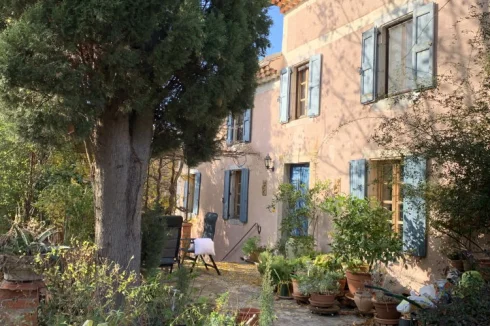Over €5000 in Fees to Gift My Property!
Tuesday 15 March 2011
Are notaire fees really that high when you want to make a gift of property?
Vicky Smedley is a 66 year old widow, who has lived in the Languedoc for the last 18 years.
She was one of a number of you to write to us following the article we published earlier this month on notaire's fees.
Since the death three years ago of her husband Peter she has been occupying the large house she owns near Perpignan on her own.
Her daughter Rachel lives in the UK, but regularly visits her in France.
She made a visit recently to her local notaire to discuss gifting her property to her daughter.
In practice, what she was proposing to do was to legally divide ownership of the property between herself and her daughter, so that her daughter held the (deferred) reversionary interest, whist she continued to retain a (current) life interest in the property.
The former is called the transfer of the nue-propriété interest in the property, whilst the latter the usufruit of the property.
This is a procedure that is not uncommon in France, as a way to reducing later liability to inheritance tax.
Vicky was shocked to hear that the fees and taxes for making a gift of her property to her daughter were going to amount to around €5000.
Sadly, we had to advise Vicky that, whilst the use of gifts (donations) is a sometimes useful way of optimising the tax position of inheritors, there is a cost attached to the procedure.
The high cost arises mainly because notaire's fees are based on the market value of the property to be gifted.
So, in Vicky’s case, with a property valued at around €230K, the total fees and taxes are not unsubstantial.
Indeed, the fees would be considerably higher were it not for the fact that Vicky is entitled to a reduction of 40% in the valuation of the property, based on her age, and that fact that she is continuing to reside in the property.
In addition to the basic fee of around €3,300 in this case, there are other minor taxes and charges. These include stamp duty (taxe de publicité foncière) of 0,715%, and land registration tax (salaire du conservateur des hypothèques) of 0,10%.
Not only are there notaire fees and taxes to consider, but it is also possible that a gifts tax may be payable, although there are generous reliefs and allowances available.
In addition, if the donor dies before six years have passed since the gift was made, then it is taken into calculation for the purposes of inheritance tax.
‘Tough’ French Inheritance Laws and Taxes
As we have argued before on these pages, press reports about ‘tough’ French inheritance laws and taxes are often widely exaggerated.
In fact the tax regime is actually quite generous, particularly in relation to the allowances available to direct descendants.
The point of illustrating this case is not to suggest that gift transfers are not a useful inheritance planning device.
They are, and it may be worthwhile for Vicky to do it in her case, particularly if there is only one successor to her estate.
We are merely highlighting the costs involved, the relationship between gifts tax and inheritance laws, and the importance of actually doing the sums.
We suggested to Vicky that she asks the notaire for a more detailed appraisal of her circumstances before opting for the gift transfer.
Apart from the financial implications that need to be considered, Vicky was not aware that transfer of the nue-propriété would give her daughter the right to sell the property, albeit with Vicky in occupation!
Thank you for showing an interest in our News section.
Our News section is no longer being published although our catalogue of articles remains in place.
If you found our News useful, please have a look at France Insider, our subscription based News service with in-depth analysis, or our authoritative Guides to France.
If you require advice and assistance with the purchase of French property and moving to France, then take a look at the France Insider Property Clinic.
